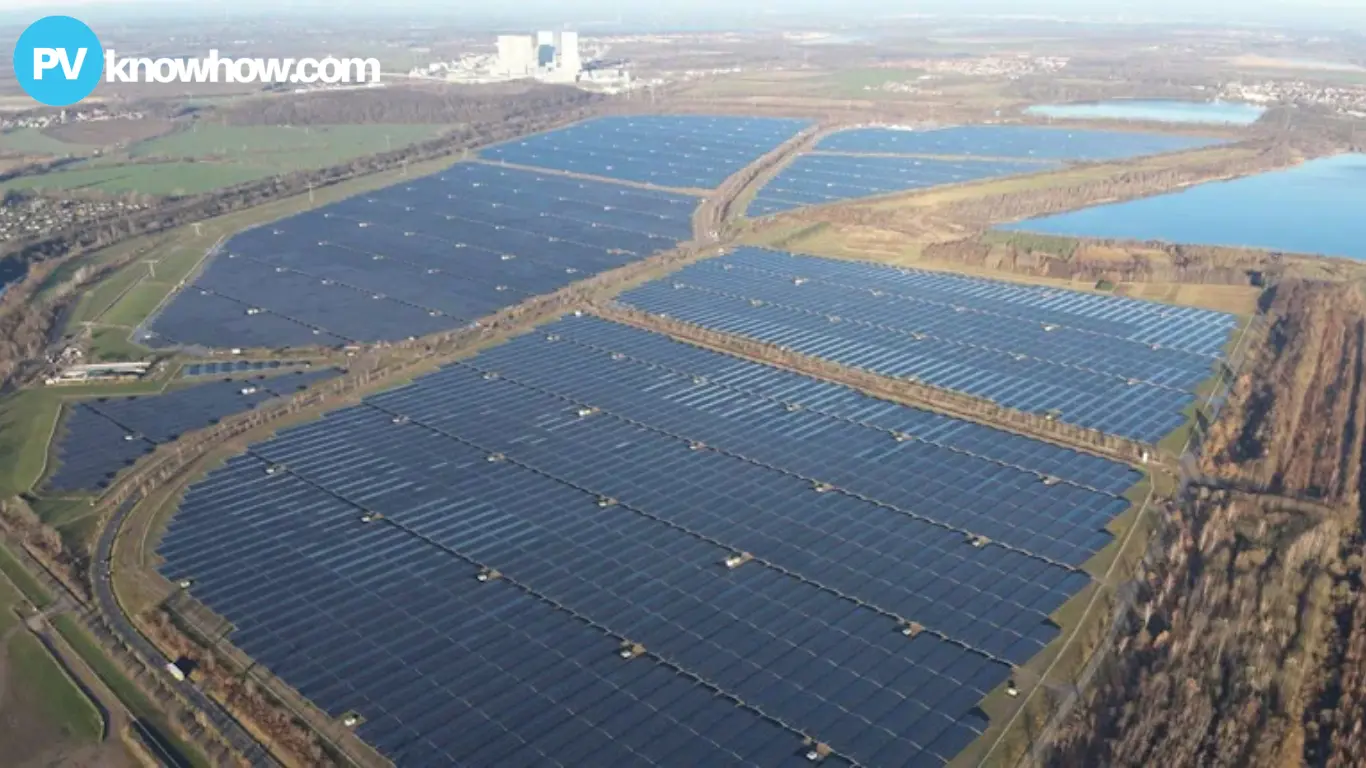In the first half of 2024, solar energy and other renewables accounted for over 50% of Europe's power generation. While power demand is currently low, stimulating it presents an exciting opportunity to further invest in and expand clean energy generation.
Solar Energy on Track for Record-Breaking
The European electricity trade association Eurelectric reports that in the first half of the year, renewable energy supplied more than half of Europe's power. This generated 692TWh of electricity. Onshore wind and hydropower were the largest contributors, with 228.8TWh and 220.7TWh respectively. Solar accounted for 137TWh, nearly doubling the 359TWh generated by fossil fuels.

In the first half of the year, wind, hydropower, and solar supplied over half of Europe's electricity.
Despite its smaller contribution compared to other renewable sources, the solar sector is on track for a record-breaking year. If the current rate of electricity generation continues through the second half of 2024, solar will produce 274TWh of electricity by year-end, surpassing coal-fired power plants for the first time.
Eurelectric reported that low-carbon energy sources - including renewables and nuclear - made up 74% of the EU’s electricity supply in the first half of 2024, up from 68% in 2023. According to Kristian Ruby, Eurelectric's secretary general, these figures demonstrate that the electricity sector's decarbonization efforts are progressing significantly faster than those of any other sector.
The growth in solar power generation in Europe has been largely driven by new capacity additions in major markets. In the first four months of the year, Germany added over 5GW of new solar capacity, while Italy's utility-scale sector grew by 373% in Q1 2024. This strong performance mirrors global trends, with worldwide solar capacity increasing by 87% in 2023.
Challenges
However, concerns persist about the financial viability of establishing upstream manufacturing capacity in Europe. This issue was a key discussion point at last month’s Intersolar event in Germany, highlighting the importance of expanding European manufacturing for the long-term stability of the continent's solar sector.
Ruby highlighted that Europe's electricity demand has been declining in recent years, which could lead to an imbalance between renewable energy supply and demand. This potentially threatens the long-term financial sustainability of renewable power generation.
Eurelectric's data shows that European power demand in the first half of 2024 was 2.6% lower than in the same period in 2022, and 3.4% lower than in the first half of 2023. Ruby emphasized that policymakers need to support increased electricity consumption to ensure sufficient investment in clean energy generation.
"Years of standstill in energy consumption are now turning into a regular decline," Ruby told reporters. "Policymakers must swiftly support the adoption of electricity by providing the required funding signals for clean generation.”
Efforts Toward Enhancing EU Renewable Power
Eurelectric is urging the new Commission to propose an Electrification Action Plan within its first 100 days. This aims for a 35% target by 2030 and introducing a clear electrification indicator in national energy and climate plans (NECPs) to monitor progress. Failure to act could jeopardize EU climate targets; lead to curtailment of renewable production; and slow investments in the energy transition sector.
Policymakers have made various efforts to enhance the European renewable power sector, including the recent implementation of the Net Zero Industry Act (NZIA) and the launch of the European Solar Academy at last month's Intersolar Europe event.
The Electricity Data Platform (ELDA) - powered by Eurelectric - serves as the industry benchmark for reliable electricity data, processing over 16 million data points annually from sources such as ENTSO-E and EU official statistics. The data is processed and validated by Eurelectric's intelligence team and industry experts, thereby ensuring unmatched accuracy and timeliness.
The first half of 2024 saw Europe's renewable energy sector achieve a significant milestone, with solar and other renewables generating over half of the continent's electricity. Despite challenges in balancing supply with declining demand, continued policy efforts and investments signal a strong commitment to advancing clean energy.
